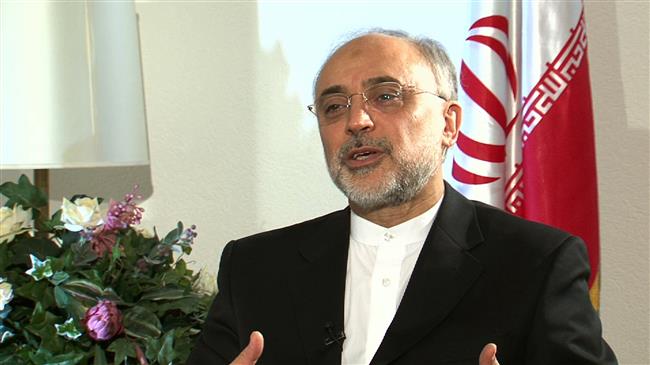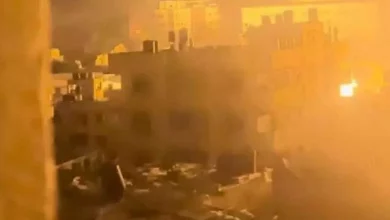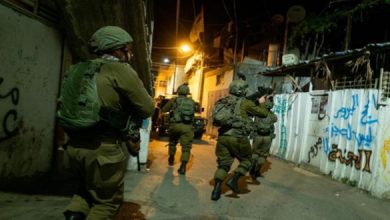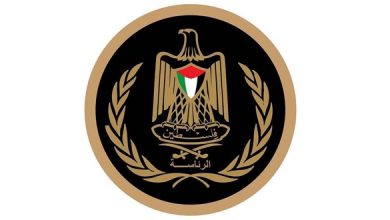Iran medics urges UN to resolve ambiguities about alleged gas attack in Douma
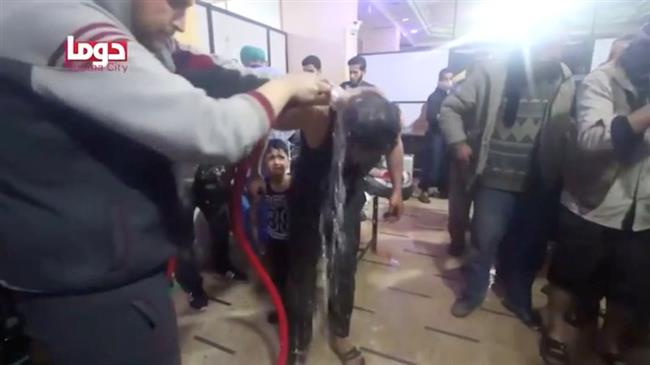

The Iranian Academy of Medical Sciences (IAMS) has presented its findings related to a recent suspected chemical attack in the Syrian town of Douma to the UN, calling on the world body to resolve ambiguities surrounding the alleged assault.
In a letter addressed to UN Secretary General Antonio Guterres, the academy said the the scientific reasoning cited for the alleged chemical attack has raised many unresolved questions.
IAMS president Seyed Alireza Marandi said Iranian medics, whose fellow compatriots fell victim to chemical attacks during Iraq’s eight-year war on the country in 1980s, have studied the Douma incident and shared their findings with the UN.
“We sent a summary of the items discussed to the UN prior to a final and full consideration given to the assessment of the incident by the world body’s certified centers,” Marandi told Press TV.
Marandi said his academy’s scientists, who “have extensive experience from Iraq’s chemical warfare against Iran in the 1980s”, scrutinized the many ambiguities connected to Douma incident.
The academy members cast doubt on the body of the unverified evidence of the alleged chemical attack, saying the incident was fabricated by groups which have an interest in drawing the Western countries deeper into the Syrian conflict, he said.
“We have experience of treating over 100,000 chemical attack victims. We sent a letter to the UN to raise our doubts,” said Mohammad Ali Javadi, a member of the academy.
Citing scientific reasoning, the academy said the photos and videos pertaining to the unverified evidence should be examined by the Organization for the Prohibition of Chemical Weapons (OPCW).
Ahead of an OPCW report, Iranian medical sciences raise questions about media reports on the alleged gas attack in a Syrian town, blamed by the West on its government.
Hamid Sohrabpour, another member of the academy and a former member of the OPCW, said the US began bombing Syria’s government targets even before OPCW inspectors had arrived in Douma.
“This should raise also suspicion that this was all a false flag operation,” he said.
The suspected attack in Douma in Eastern Ghouta allegedly killed 60 people and injured hundreds others. Western countries were quick to blame the Syrian government, but Damascus strongly rejected the accusations as “fabrications” made by terrorists in a bid to halt Syrian army advances.
Syria surrendered its chemical stockpile in 2013 to a mission led by the OPCW and the UN.
Russia, one of Syria’s key supporters in the fight against foreign-backed militancy, has repeatedly said the purported chemical attack had been staged by desperate militants to provoke further intervention in the conflict by the West.
A US-led military coalition has been conducting airstrikes against it it claims terrorist targets inside the Arab country since September 2014 without any authorization from the Damascus government or a UN mandate.

